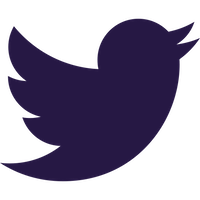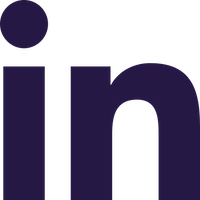What you can’t fix, you feature!
How I use being partially sighted to my advantage as a copywriter
Here’s a business lesson from someone who is a medical mystery.
In December 2010 a freak illness took away the majority of my sight. My optic nerves had swollen up and obstructed my vision, leaving me more or less blind. I was 21 at the time and had just begun my second year training to be an actor at drama school in London.
Long story short, after a year or so my vision slowly returned. Really slowly. Recovery came to a halt in 2014 and I’ve been left partially sighted ever since. Doctors never discovered what caused the swelling in my optic nerves to occur. It’s just a bizarre chapter in the book of my life.
Today, when I’m messaging my friends back and forth I make typos A LOT. I miss out words, I spell incorrectly, I’ll even type a completely different word to the one intended sometimes. It must infuriate my friends. They’ll often text back, “None of that made any sense.”
I work as a freelance copywriter. Businesses rely on me to create all different kinds of content – branding, blogging, sales letters, you name it. Being partially sighted isn’t typically a quality clients look for when they want to hire a writer. I can hardly email them saying, “Hey! Hire me, I make typos all the time!”
So how do I use my limited vision to my advantage? How do I take what is seemingly a huge handicap and spin it so that clients are keen to hire me over other people? Well, as the saying goes, “What you can’t fix, you feature.”
Here’s what I did.
The full story of my time without sight is a fun tale, full of twists and turns, funny anecdotes and poignant moments. There’s even a cameo from Amy Winehouse. Last year I wrote a long piece for The Guardian about the experience (you can read it here.)
Now, whenever a potential client wants to see a sample of my writing I send them that article. This does a few things. It shows that I can write with some degree of skill, it builds my credibility as a writer because The Guardian is a national newspaper and it helps the client quickly get to know me better. Most importantly though, it creates a talking point during which I can explain that being partially sighted actually works to my advantage. How? Because I make extra sure to look for spelling errors and I examine my writing with a pinhole focus.
I’ve used this article (which I was paid to write) to win work time and time again. And, because I’ve featured what I can’t fix, my impairment has never once prevented me from getting work.
I also find that once someone knows your flaws they are much more willing to believe what you say about your strengths.
Years ago, the car rental company Avis came up with a brilliant tagline for their advertising campaign. At the time they held the number two position in the car rental market, trailing behind Hertz. They decided to use their second-place position to their advantage and came up with the tagline, “When you’re only No. 2, you try harder.” The ads were a hit with the public. Within a year, Avis made $1.2 milion. It was the first time the company had been profitable in more than a decade.
Don’t hide your flaws, flaunt them and turn them into reasons to buy.




